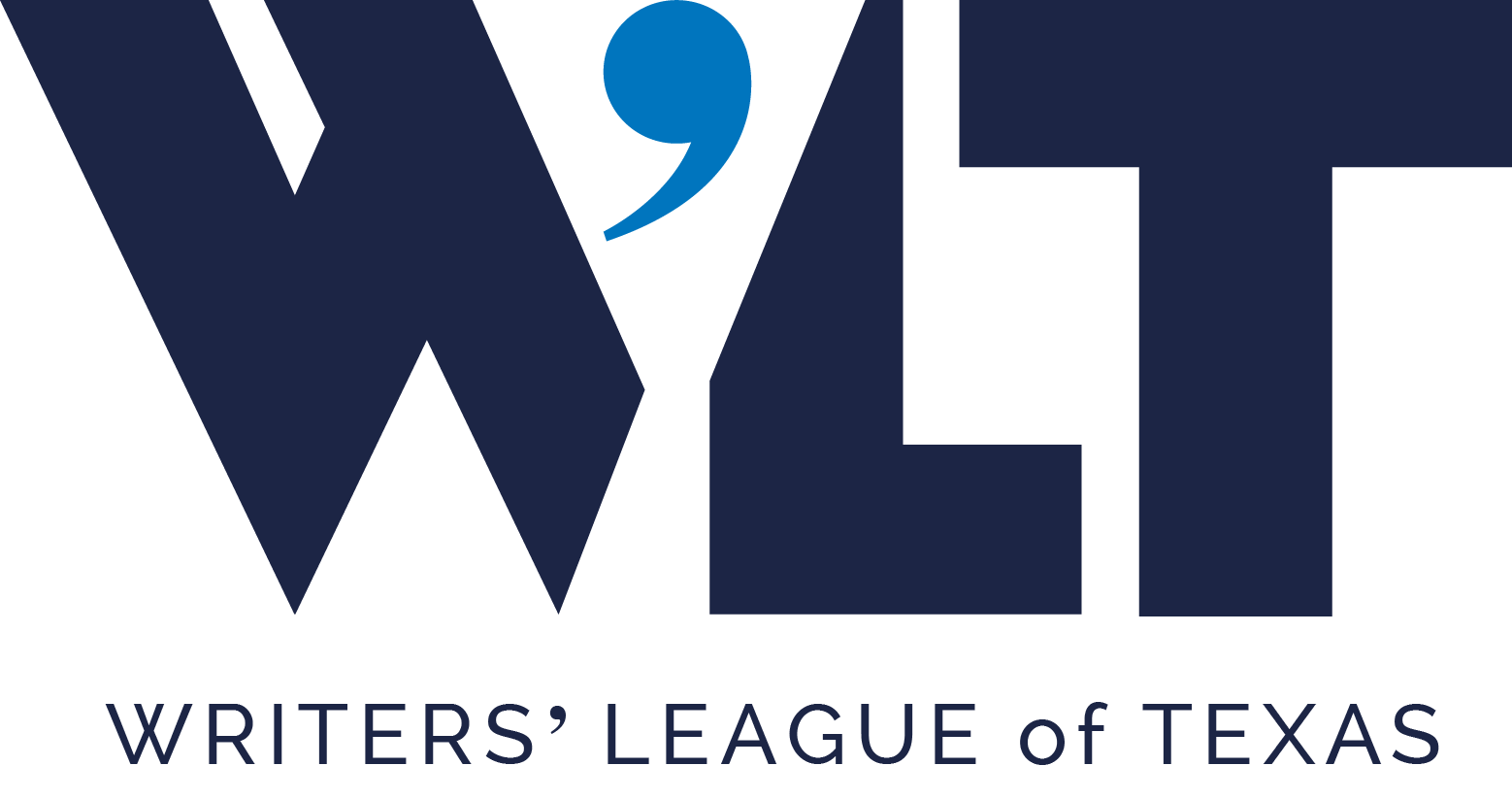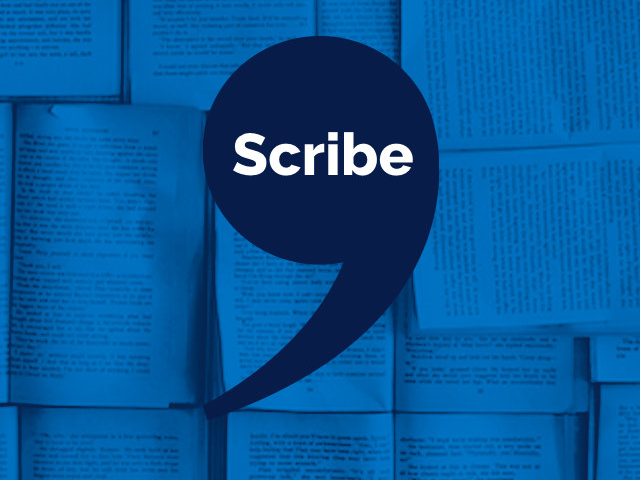“Writing has always been my way of figuring out what I think, and the genre of nonfiction is such a wide open place for exploration.”
-Rachel Starnes
Rachel Starnes is the author of the critically-acclaimed memoir The War at Home: A Wife’s Search for Peace and Other Missions Impossible. She received her MFA in Creative Nonfiction from California State University, Fresno and her BA from the University of Texas. Her essays have appeared in The Colorado Review, Front Porch Journal, and O Magazine. Born in Austin, Texas, she has lived in Scotland, Saudi Arabia, Florida, California, and Nevada, and is currently on the move again with her husband, two sons, and a puppy.
Rachel is teaching a class called “Exploring the Essay: Building the Essential Foundation for Short and Long From Nonfiction” at the 2018 WLT Summer Writing Retreat. Read the interview below and visit the class page to learn more.
 Scribe: Your class explores the many forms the creative essay can take. How could writers unfamiliar with the nonfiction genre benefit from your class?
Scribe: Your class explores the many forms the creative essay can take. How could writers unfamiliar with the nonfiction genre benefit from your class?
Rachel Starnes: This class will give a good intro to the wide and varied landscape of contemporary nonfiction. It’s a broad genre with a lot of potential and growth right now, and I plan to hit the high points of its development going all the way back to Michel de Montaigne. The goal here is to convey what a dicey proposition it’s been, historically, to say we’re going to write about “the truth,” whether it’s a chain of events that took place, an encapsulation of one particular moment, a portrait of another person’s life, or someone’s own lived experience.
Scribe: Even for the most personal of essays research may be required. How does an essayist go about researching their own life or memories?
RS: We’ll talk a lot about primary sources — photographs, diaries, interviews, artifacts — and their limitations. There are a lot of tools one can use to get at the “truth” of a situation, but the goal here is not to compile a court document or a definitive record. This kind of writing is as much about process as it is about answers. Often, the most interesting parts of the work are the parts where the details refuse to come into focus. Leaning into that, exploring why certain parts are unclear, allowing for alternate viewpoints or competing narratives— those are research methods as well, and often lead to enhanced narrative credibility and a more interesting, multidimensional story. I think a lot of nonfiction writing is about knowing what conversations need to happen off the page, or when to confess to your uncertainty about something and create space in the narrative for possibility.
Scribe: What are the essays or memoirs that have had a big influence on your own writing?
RS: Joan Didion’s collection The White Album and her memoir The Year of Magical Thinking, James Baldwin’s essay “Notes of a Native Son,” and Mary Karr’s memoirs The Liars’ Club, Cherry, and Lit immediately come to mind. I was blown away by Leslie Jamison’s collection The Empathy Exams, Rebecca Solnit’s collection Men Explain Things to Me, and Alexandria Marzano-Lesnevich’s The Fact of a Body. I’m excited to be discovering new voices I love all the time.
Scribe: As a writer, what was it that attracted you to the nonfiction genre?
RS: I’m drawn to the idea that there are things we don’t say, either because it seems too hard or it’s considered taboo. I think the true stuff of life often exists in those conversations we’re afraid to have, or the parts of life that have left us tangled up or with the vague feeling of “this keeps happening to me and I don’t know why.” Writing has always been my way of figuring out what I think, and the genre of nonfiction is such a wide open place for exploration. I also think that the more we explore our own areas of contradiction, uncertainty, or discomfort, the more we widen the frame for others to do it as well.
Scribe: What’s the most valuable lesson you’ve learned from teaching nonfiction?
RS: That the old saw is accurate: truth is stranger than fiction. I’ve learned that the people around me are an inexhaustible source of stories. Also, that there’s hope in the idea that a lot of our stories, while fascinating and unique in the particulars, are universal in their themes.
—
Thank you, Rachel!
For more information on the Writers’ League of Texas 2018 Summer Writing Retreat, click here.









